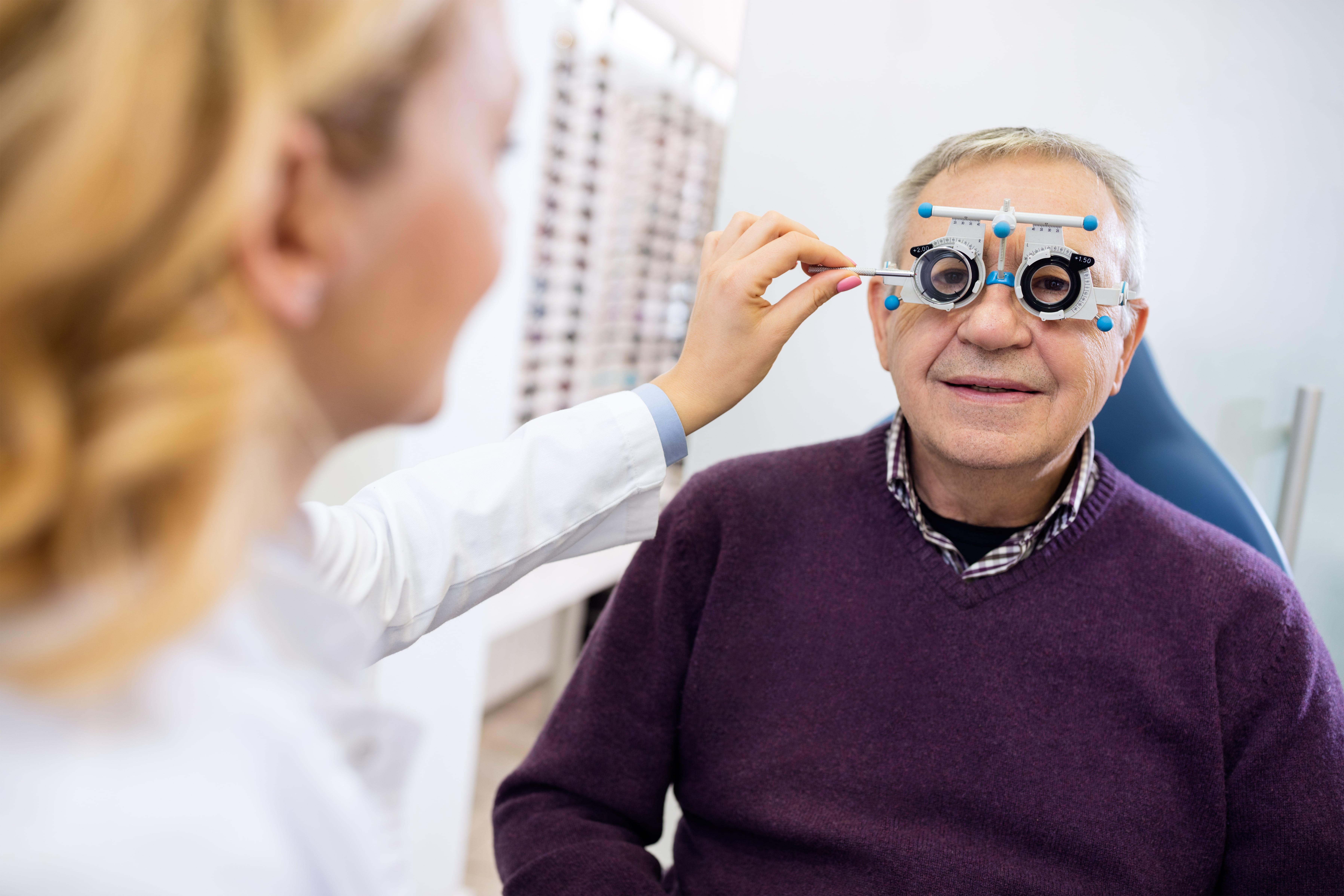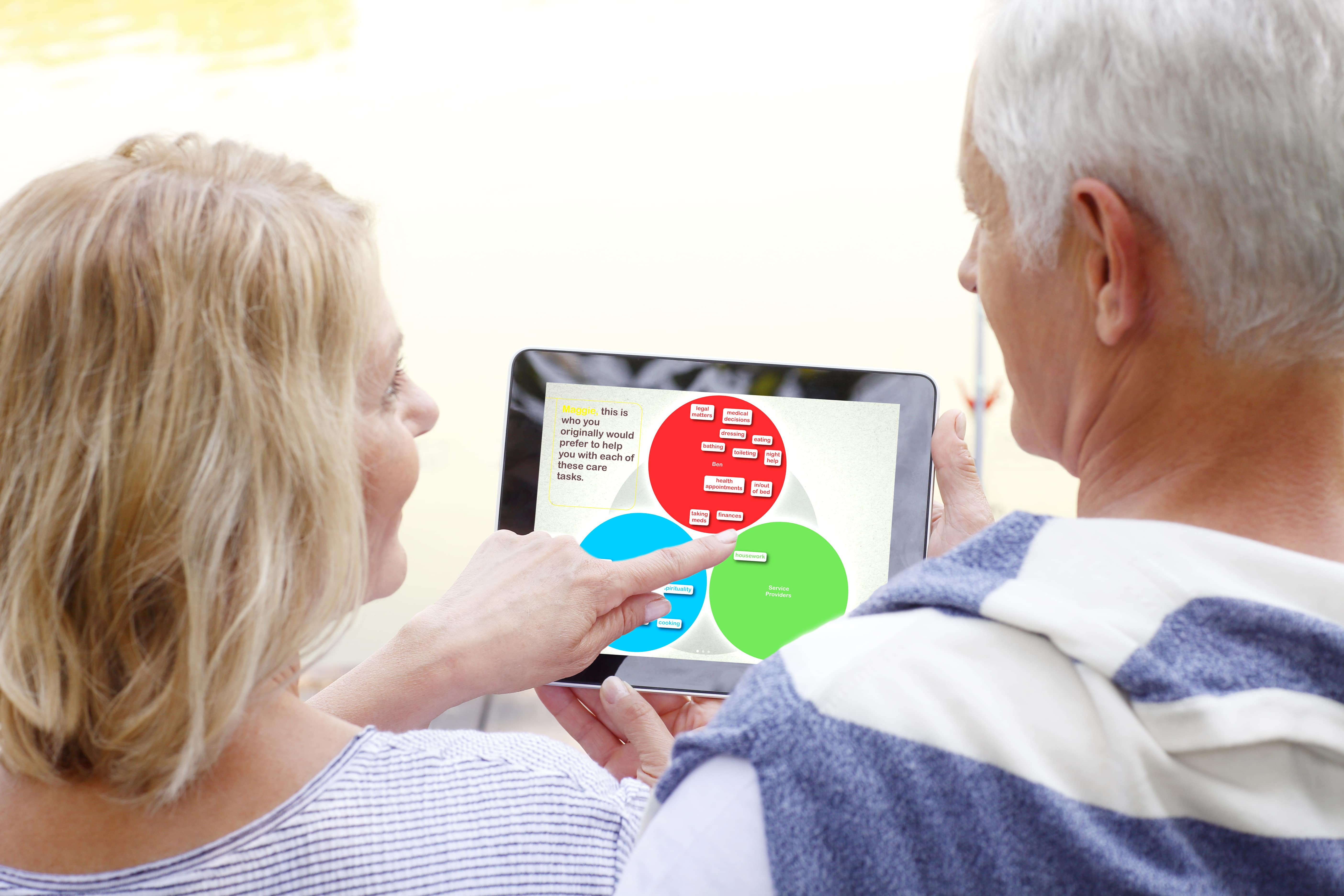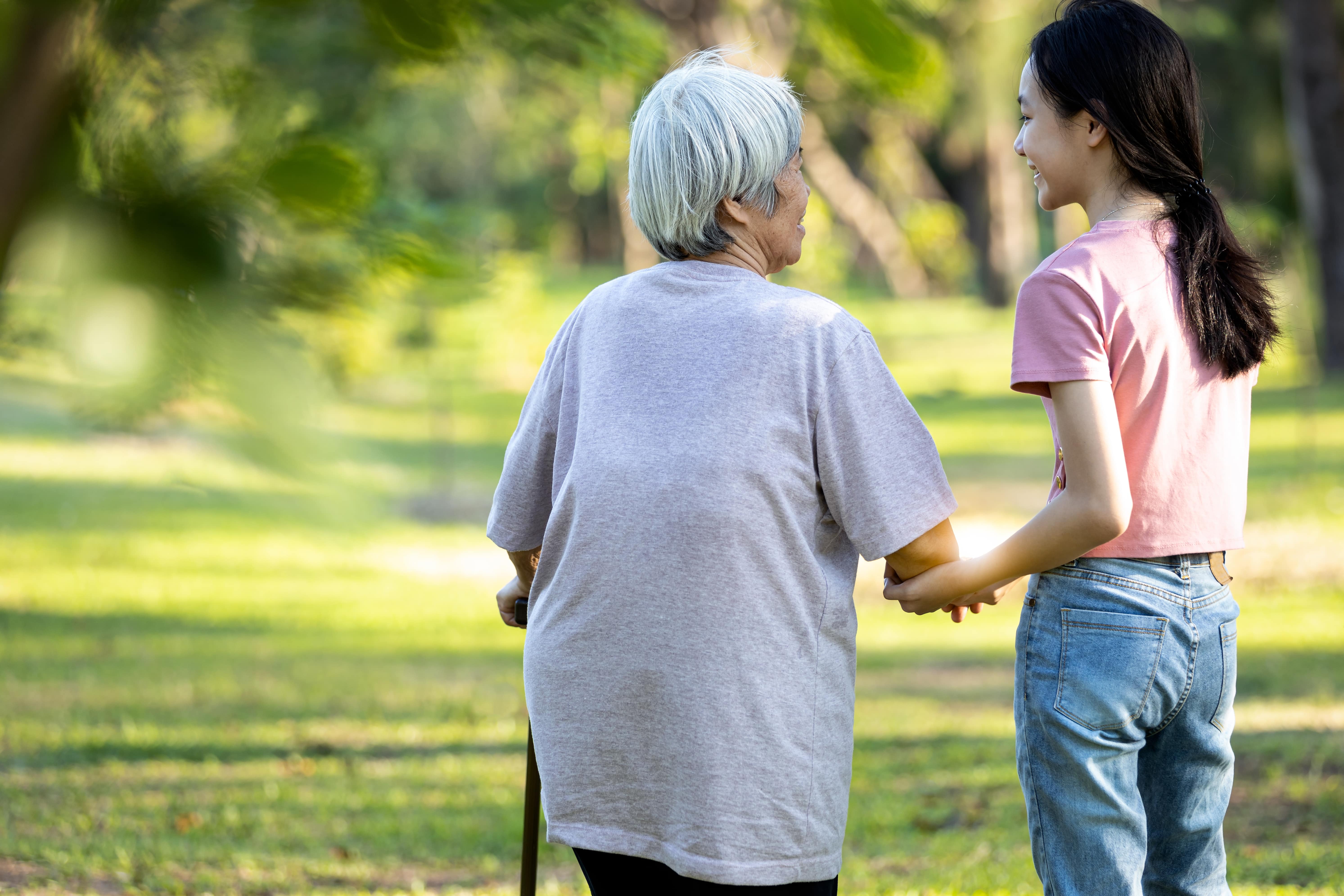Breadcrumb
- Home /
- Resources
Resources
Mobile Resource Library Tabs
Filters
Search
Categories Navigation
Asset Publisher
Resources

Caregiving for Older Loved Ones through Natural Disasters
For caregivers, preparing for and responding to the aftermath of a natural disaster comes with the additional challenge of protecting the safety and needs of a vulnerable loved one. This challenge can be compounded further by a loved one’s disability or illness. Whether we live in the South and need to prepare for hurricane season and flooding, live in the West and face earthquakes and wildfires, or live in the North and risk snow- and ice-related power outages, it is crucial for us to be proactive when taking care of a loved one during a disaster. A helpful way to stay prepared is by developing an emergency preparedness plan.
Read MoreBy Sara Powers, PhD | 01/18/2022

Stigma and Working Caregivers: Why Are We Afraid to Talk About Caregiving at Work?
Caring for an older loved one or friend touches many of us. According to the Family Caregiver Alliance, one in six employed Americans report assisting with the care of an older loved one. Moreover, an estimated 10 million millennials are now a part of the caregiver population. So why are we still afraid to talk about caregiving while at work? The answer is stigma.
Read MoreBy Lisa Weitzman | 01/18/2022

Helping Older Adults Live Well with Age-Related Vision Loss
Changes in vision are common in older adults. According to statistics from the American Foundation for the Blind, over 6.1 million Americans aged 65 and older experience some form of vision loss. Loss of vision can be overwhelming for a loved one, especially since it can affect many different parts of life from the ability to drive safely to being able to take part in hobbies like reading or doing jigsaw puzzles. However, thanks to improved treatments and assistive devices, there are options we can explore to make it much easier for loved ones to preserve as much of their vision as possible and continue to live safely and independently at home.
Read More01/18/2022

Evidence-Based Programs: Why They Matter for Dementia Caregivers
Caregivers for loved ones with dementia are familiar with the effort, dedication and time needed to provide quality care. It’s next to impossible to do on one’s own, yet asking for help and finding resources isn’t always easy. Even though it feels at times like there’s a long list of programs, services and caregiver resources out there, it may still feel like there’s nothing that fits your individual needs at the moment you need it. And even if there is, how can you know the program or service is reliable, high-quality or will even work to help you and your loved one in the first place?
Read MoreBy Julie Hayes | 12/15/2021

Four Benefits of Intergenerational Programming
With the widespread independent lifestyle of many American families, older loved ones are becoming increasingly separated from their families and other support systems. The COVID-19 pandemic has only increased these challenges. An estimated 27 percent of older adults age 60 years and older live alone in the U.S. and would benefit greatly from social interaction. According to Generations United, a national organization that focuses on intergenerational collaboration, two in three Americans would like to spend more time with others outside of their age group.
Read MoreBy Ashlee Cordell | 12/15/2021
